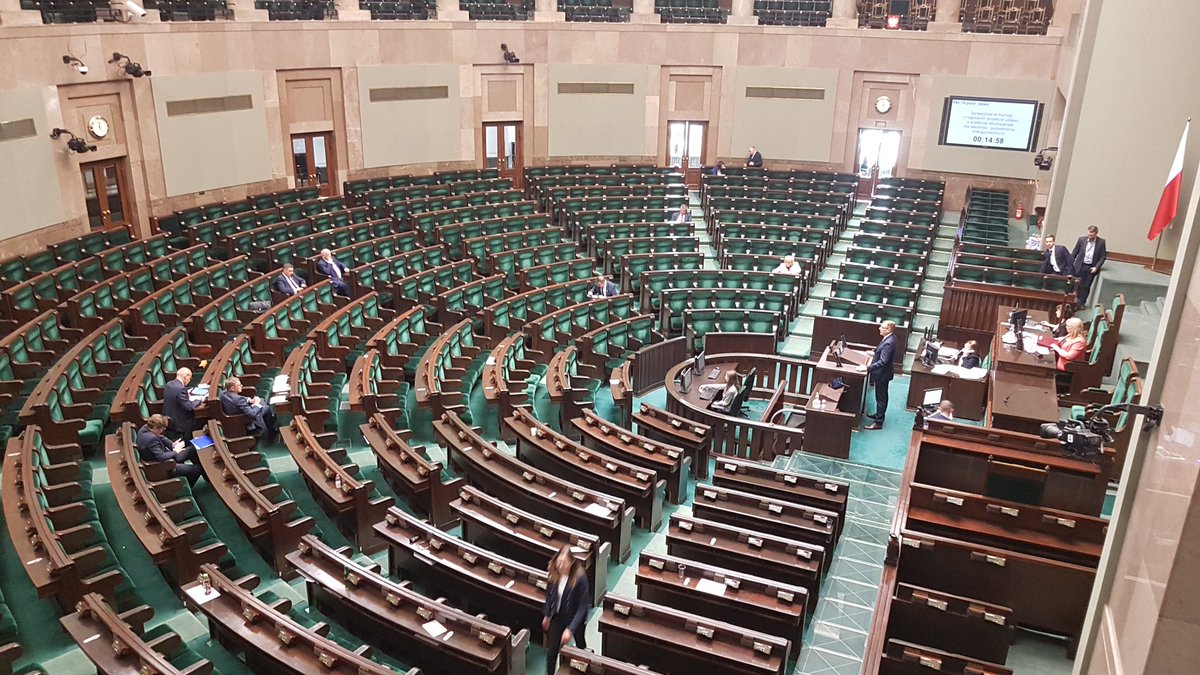Parliamentary elections and a possible change of government should not be unusual in a democracy. A stable energy and climate policy that will continue the necessary projects in the energy industry should be the case in point – writes Wojciech Jakóbik, editor-in-chief at BiznesAlert.pl.
New government and old strategic projects
Negotiations are underway on the shape of the new government, which will only be chosen by the Prime Minister anointed by the president of the Republic of Poland. This can happen in one or two constitutional steps. The president can start with the winning party, but it doesn’t have enough MPs to look for a coalition partner. So, he can offer the position of the PM to the coalition of parties that want to build a majority in the parliament. Regardless of who will become the prime minister and who will ultimately form the government, Poland is implementing a number of projects necessary for the energy sector, which should continue despite the disputes. Here is their brief summary.
Coal reserve
The first project, which is a sine qua non condition for state-owned companies to undergo a successful transition, is an agency that collects coal assets, dubbed by the current team the National Energy Security Agency. One can put more emphasis on different aspects of this idea, for instance focus on the market formula, which what has been happening till now, or give more priority to the agency formula, like it has been suggested by Grzegorz Onichimowski, the brain behind the Civic Coalition’s energy plans, in an interview with BiznesAlert. However, after four years of debates the Agency has to be established, so that state-owned companies can tap into the financing of modern-day energy projects and keep conventional power plants, which are necessary to ensure power supply guaranteed by the state.
Nuclear power vs. the generation gap
Another project necessary in the energy sector is the Polish Nuclear Energy Program, the first stage of which is the construction of a power plant in Pomerania by a consortium of Polish Nuclear Power Plants, as well as Bechtel and Westinghouse from the United States. These companies signed a project agreement in September, and if we are to believe the assurances of Andrzej Domański from the Civic Coalition, the deal will hold. However, the fact that the new parties in power have already said they would audit the project, has caused concerns about possible delays, which the project had already experienced anyway. The launch date of the first reactor in 2033 is ambitious, but even with the delay, Poland needs as much nuclear power as possible to cover the generation gap that will only widen with the shutdown of old coal units, as well as to stabilize the growing number of renewable energy sources. The growing importance of the atom makes it possible to promote promising, i.e. ones that will work in practice, SMR projects.
Diversification of gas supply
The third strategic project for the Polish energy sector is the Floating Storage Regasification Unit (FSRU) or two, in the Gdańsk Bay. This project, planned for 2028 at the latest, but possibly requiring acceleration, is supposed to cover additional demand for gas in Poland and possibly in the neighboring countries to the south and east of our border. It will guarantee the security of gas supplies from outside Russia to gas-fired power plants designed to replace coal, and become a tool for abandoning dependence on Gazprom for its last customers in Europe: the Czech Republic, Slovakia and Hungary. The operator Gaz-System is on the verge of choosing a supplier of the FSRU vessels that would dock in the Bay.
The Third Republic of Poland is capable of implementing mega-projects in the energy industry
Politicians do politics, so it is difficult to expect that there will be no disputes about the assessment of the energy and climate policy implemented so far. However, the bickering should not impact the projects vital to the energy industry, as they need to be continued regardless of whoever takes over power, which is normal in a democracy. After more than thirty years, Poland deserves a stable energy and climate policy, which has already given a fleet of new energy blocks in Silesia, an LNG terminal and the Baltic Pipe gas pipeline. Let’s hope the Agency, nuclear power plant and the FSRU will be added to this list.









